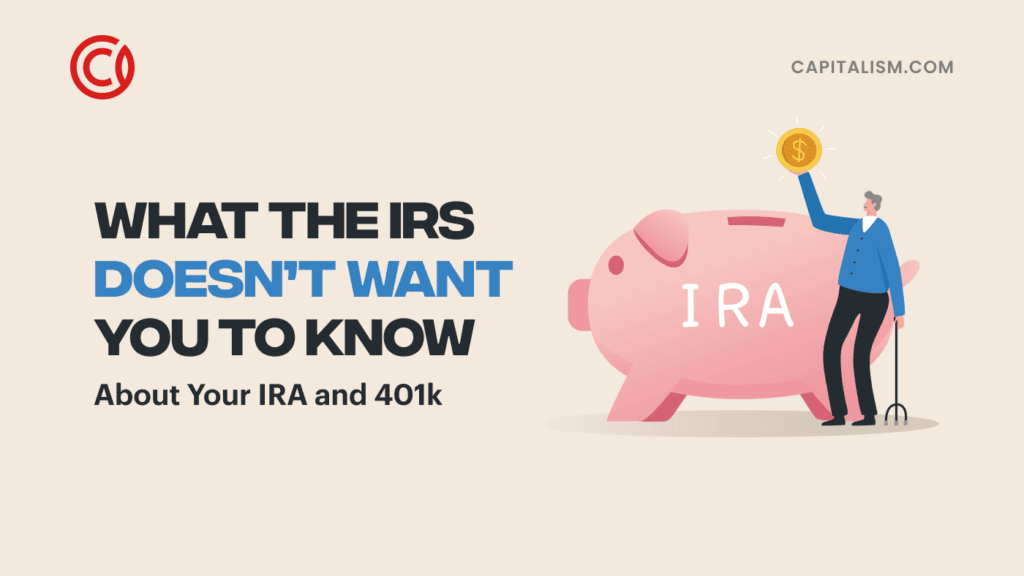In the Dr. Seuss classic How the Grinch Stole Christmas, the main antagonist robbed an entire town of all their Christmas gifts. Then he had a change of heart, gave back the loot, and got to gorge on a nice fat slice of ‘roast beast’ with the victims.
Recently, the Venezuelan government followed suit. However, unlike the Grinch, there are no plans to return the stolen goods to their rightful owners.
As first reported by the Associated Press and Daily Mail, the ‘fair pricing authority’ seized 4.8 million toys from three warehouses owned by Kreisel, the country’s largest toy distributor. The agency claims that the company has been ‘hoarding’ toys in order to gouge their customers with exorbitant prices.
The socialist regime promised to redistribute the confiscated items to poor children.
William Contreras, the agency head, laid blame squarely on the shoulders of company executives. “They don’t care about our children’s right to have a merry Christmas,” said Contreras.
Socialists rely on an expansive view of ‘positive rights’ by claiming that one individual or group should be forced into action by another. For example, the right to have ‘cheap toys’ is a positive right being enforced by the Venezuelan government through military raids and price controls. A system of positive rights, which includes a minimum wage, is often arbitrary in nature and can have a unpredictable consequences.
Alternatively, those in favor of (free market) capitalism rely on the concept of natural or ‘negative rights’. A negative right is afforded to someone who is not compelled to action by another. The right to refuse service, remain silent, trade freely, and otherwise be left to their own devices are examples of natural rights.
To further illustrate, Frédéric Bastiat, the famous French economist of the 19th century cautioned his readers about political decisions in his essay That Which Is Seen, and That Which Is Not Seen.
The part that is ‘seen’ is readily apparent and sometimes popular (free or cheap toys).
The part that is ‘unseen’ is the full impact to the toy distributor, it’s employees, and all of the downstream economic activities associated with them after the toys are stolen or forced to be sold at an operating loss.
What is easily seen with respect to Venezuela, are the disastrous results of a government unwilling to bend to economic reality. Mired in a currency crises brought on by their central bank, inflation is predicted by the IMF to surge north of 1600 percent for 2017.
If the people of Venezuela are to overcome their mounting economic problems, they will need to look past their government and it’s Grinch-like redistribution schemes to a more free market oriented solution. There is evidence that this is already happening and will be explored in a forthcoming article.
RELATED:
• What A Mess: Lessons From Socialist Venezuela’s Currency Chaos
• Central Planning: Man of the System is a Man for Socialism
• Socialism Survivor Talks Escape from Venezuela’s Corrupt System











